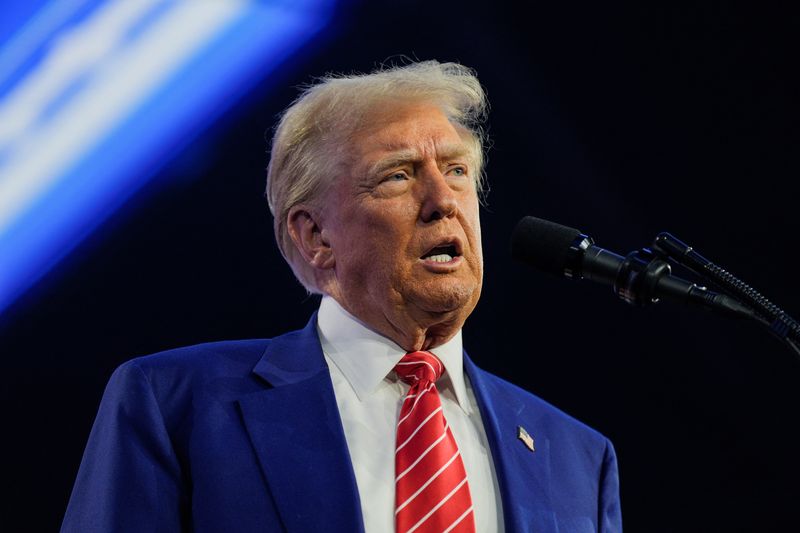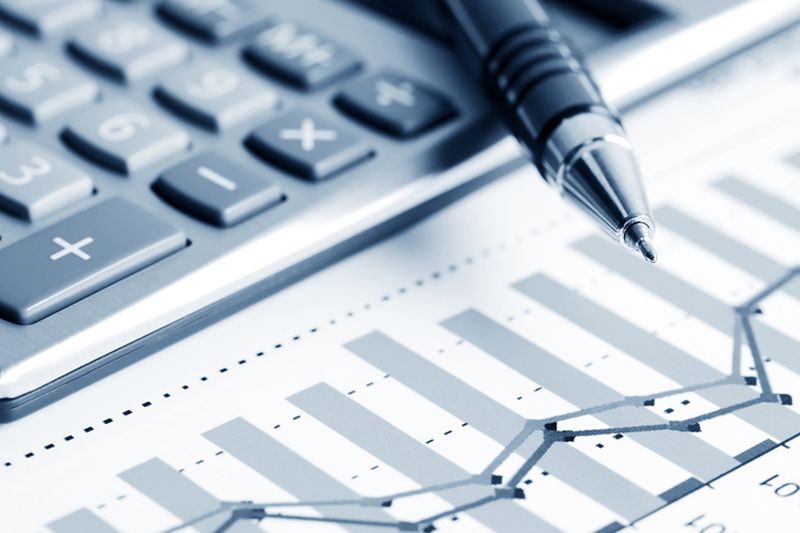By Marwa Rashad
LONDON (Reuters) – Donald Trump will attend next week’s World Economic Forum meeting in Davos digitally, its organisers said on Tuesday, as world leaders wait to hear more about the incoming U.S. President’s policies and his pledge to end the war in Ukraine.
Trump will return to the White House on Jan. 20, with his inauguration coinciding with the start of the 55th annual meeting of political and business leaders in the Swiss resort.
Meanwhile, Ukrainian President Volodymyr Zelenskiy will make a special address and take questions, the WEF said.
Among the other global leaders due to attend the meeting, which will include 60 heads of state and government, are European Commission President Ursula von der Leyen and China’s vice premier Ding Xuexiang, WEF President and CEO Borge Brende said during a press conference on Tuesday.
Brende said Trump, who has twice previously attended the meeting in Davos, will join “digitally” on the afternoon of Jan. 23, without giving further details. He said it would be a “very special moment” to learn about the policy priorities of the new Trump administration.
“There is a lot of interest to decipher and to understand the policies of the new administration, so it will be an interesting week,” Brende said.
Topics on the Davos agenda span mounting global geopolitical and economic uncertainty, trade tensions, climate goals and how artificial intelligence can help make lives better.
Business leaders have become more optimistic about the economy given Trump’s pledges to reduce regulations, potentially cut taxes and ease restrictions on activities including mergers and acquisitions, Rich Lesser, global chair of Boston Consulting Group, told Reuters ahead of the meeting.

But underlying optimism about Trump’s pro-growth policies is being offset by concerns about tariffs, deportations, a widening budget deficit and the U.S. relationship with China, he said.
“The complex web of geopolitics, the intersection with tariffs, the intersection with supply chains, competitiveness differentiation will be a major theme,” Lesser added.



